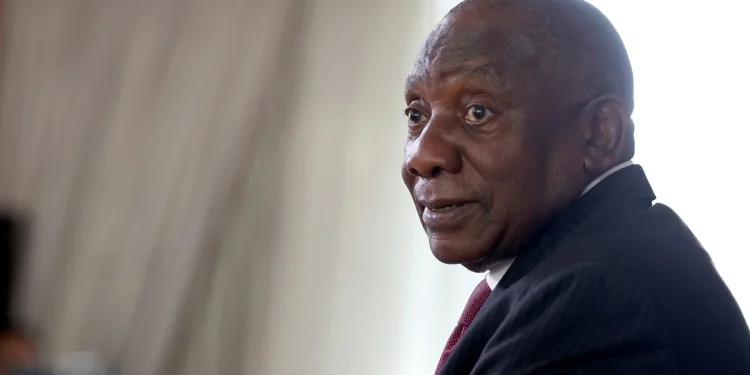President Cyril Ramaphosa has acknowledged public frustration over the slow pace of arrests and prosecutions for state capture corruption. However, he argues that significant work is happening behind the scenes to root out graft.
This comes amid ongoing criticism of the government’s handling of the State Capture Commission’s findings. The commission, which concluded in 2021, uncovered widespread corruption costing the country billions of rands and implicated over 1,500 individuals. Despite this, few have faced legal consequences.
In his weekly public letter, the president stated that the fight against corruption involves more than just jail sentences. He emphasized that the focus is on comprehensive institutional reform to dismantle the systems that allow corruption to thrive.
Ramaphosa noted that progress is being made on this front. He also pointed to recent arrests related to alleged corruption at major state-owned entities like Eskom and Transnet, as well as in various municipalities.
The president highlighted a new report from the National Anti-Corruption Advisory Council (NACAC). A key recommendation from the report is the creation of a permanent, independent anti-corruption body to be known as the Office of Public Integrity and Anti-Corruption.
This proposed agency would be tasked with preventing, investigating, and addressing systemic corruption. The council’s report also suggests using artificial intelligence and improving data sharing between law enforcement agencies to combat graft.
Ramaphosa stated that these recommendations will be reviewed by the government for discussion in cabinet. He concluded that the fight against corruption is a complex and long-term process that requires dismantling deep-rooted systems of patronage and strengthening state institutions.






















